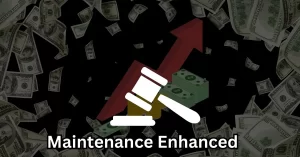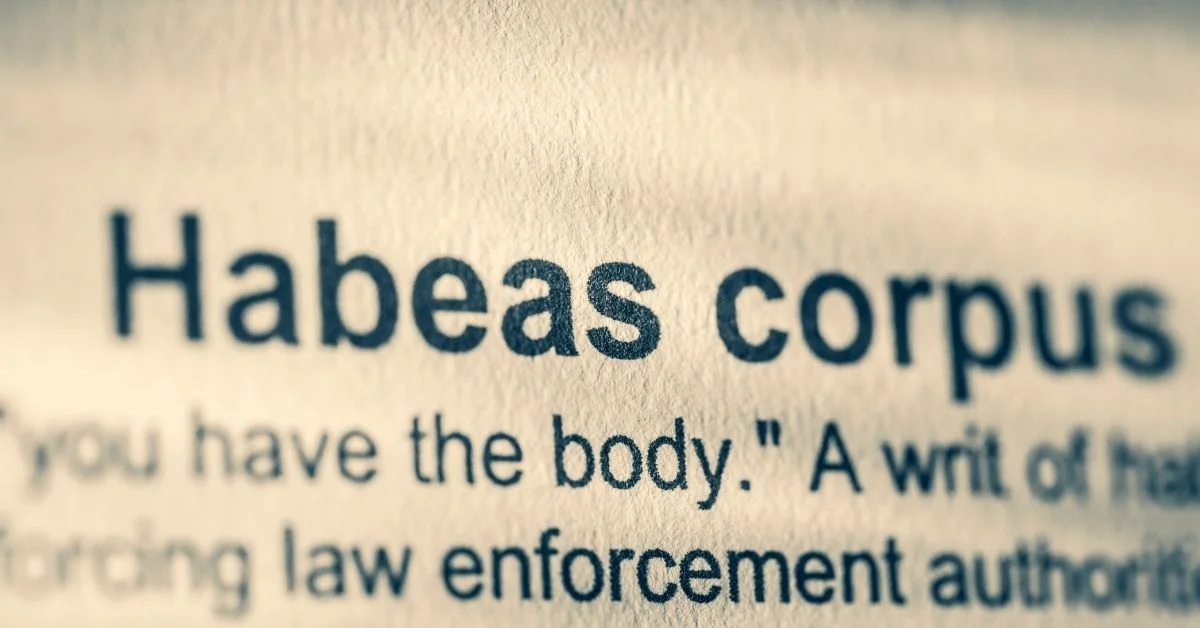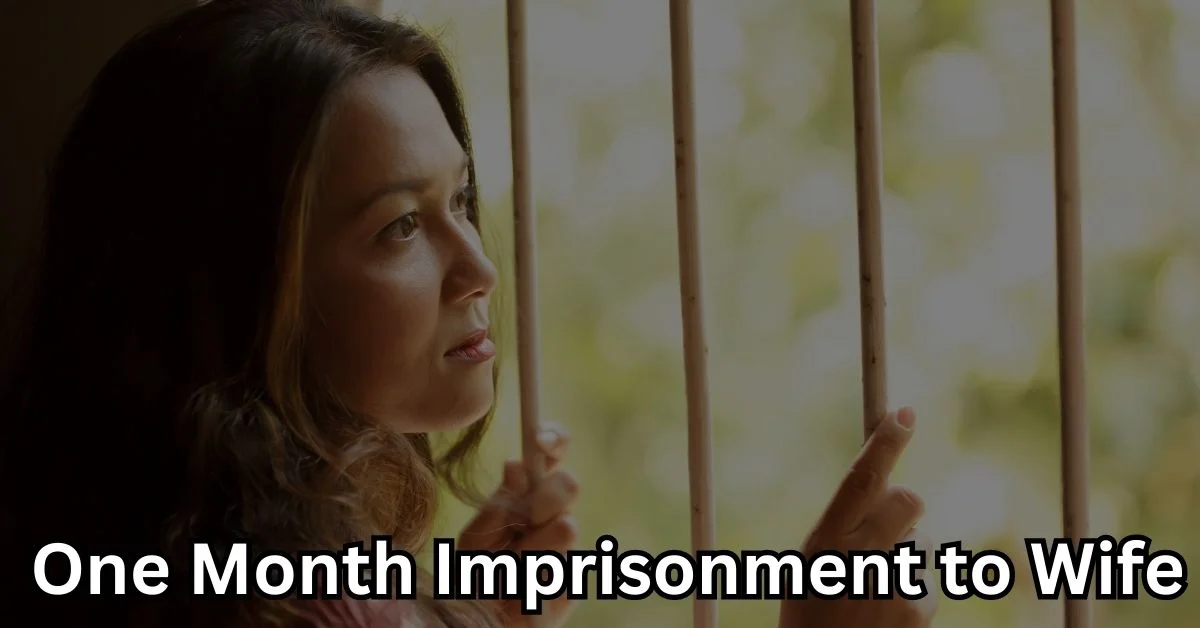In a legal battle that has captured attention due to its complex nature, the case of former J&K Chief Minister revolves around maintenance claims, marital disputes, and financial responsibilities. The dispute between Payal Abdullah and Omar Abdullah, once a married couple, has taken a contentious turn, involving legal intricacies that require close scrutiny.
Marriage and Family Background
Payal Abdullah and Omar Abdullah got married in England on September 1, 1994. They have two children who were studying law at Jindal Global Law School. Omar Abdullah is the son of Mr. Farooq Abdullah and the grandson of Sheikh Abdullah, both prominent politicians who served as Chief Ministers of Jammu and Kashmir. Omar Abdullah himself was a former Chief Minister of the state.
Abandonment and Legal Action
Omar Abdullah allegedly abandoned his family since 2013. He filed for divorce under the Foreign Marriage Act and Sections 27(1)(b) and (d) of the Special Marriage Act, 1954, citing desertion and cruelty. The Family Court initially dismissed his divorce application, leading to his appeal before the High Court.
Homelessness and Support
In 2016, Omar Abdullah reportedly threw Payal Abdullah and their children out of their home in Delhi. The family became homeless and had to find a rented place in Kapashera. Payal Abdullah, unemployed, raised her children alone, one of whom was a minor. Despite financial means, Omar Abdullah allegedly refused to provide support.
Maintenance Application
Due to Omar’s alleged negligence, Payal Abdullah filed a maintenance application under Section 125 Cr.P.C. to ensure support for herself and her children. While the case was ongoing, Omar challenged various orders and sought to quash proceedings.
Interim Maintenance
Family court order directed Omar to pay Payal an interim maintenance of Rs. 75,000 from the date of application filing until its disposal. Petitioner No.1 received Rs. 25,000 interim maintenance. However, Petitioner No.2, being a major at the time of filing, wasn’t entitled to maintenance under Section 125 Cr.P.C.
Appeal for Revision
Discontent with the order, the petitioners sought a revision of the decision dated April 26, 2018, from the Court.
Petitioners’ Perspective
Mr. Prosenjeet Banerjee, representing the Petitioners, contends that the challenged order from April 26, 2018, is legally flawed. He argues that the Respondent deliberately concealed his true income and assets to evade supporting the family. The Respondent allegedly only paid for utilities upon request and made false accusations about Payal Abdullah’s financial stability. The delay in filing for maintenance was due to her intention to mend relations, despite years of estrangement.
Banerjee refutes the Respondent’s claims that Payal Abdullah owns a luxurious Rs. 12 crore flat at Westend, New Delhi, suitable for her and the children. He argues that she is a homemaker surviving on her retired Army General father’s pension and savings. The property is smaller and less secure than portrayed. Banerjee also criticizes the Respondent for allegedly understating his income and expenditure and calculates the meager interim maintenance based on false claims and affidavits.
Respondent’s Counterarguments
Ms. Malvika Rajkotia, representing the Respondent, argues that the Respondent consistently supported the children and paid utility bills, contrary to the Petitioners’ portrayal. She asserts that Section 125 Cr.P.C. mandates maintenance for a wife unable to sustain herself, and Payal Abdullah’s financial affidavit filed with the Election Commission showcases her means.
Rajkotia highlights inconsistencies in Payal Abdullah’s income statement, pointing out her directorships and undisclosed assets. She challenges Payal Abdullah’s claims of expenses and loans from her father, questioning their validity. The Respondent’s counsel asserts that the Petitioners’ claims of financial stress are contradicted by their lavish lifestyle and unused assets. She argues that the case is an attempt to tarnish the Respondent’s reputation.
High Court’s Observations
Respondent’s Financial Capacity The court acknowledges that the Respondent possesses substantial financial resources and privileges, even though revealing all financial assets might be risky for a politician. The court emphasizes that the Respondent does indeed have the means to support his wife and children.
Maintenance for Major Children The court cites precedents indicating that a father’s responsibility to support his children, even if they are majors, should not be waived. The court believes that fathers should ensure their children receive proper education and standard of living. The court rejects the notion that only mothers should bear financial responsibility.
Respondent’s Lavish Lifestyle Evidence shows that the Respondent has indulged in luxuries like traveling to Dubai and London, staying in high-end hotels, and spending significant amounts of money. This contradicts the argument that he lacks financial means.
Wife’s Financial Position The wife, though unemployed, has connections to loss-making companies and limited education. The court agrees that even if she has some income, Section 125 Cr.P.C. still applies.
High Court’s Verdict
Maintenance Enhancement Given the Respondent’s financial capacity, the court increases the interim maintenance from Rs. 75,000 to Rs. 1,50,000 per month for the wife. Additionally, while the major children are not entitled to maintenance, the Respondent is directed to pay Rs. 60,000 per month for each son, for their education, acknowledging that parents should share this responsibility.
Future Proceedings The court directs the family court to expeditiously resolve the case filed in 2016. The revision petitions are disposed of based on the provided terms, and other conditions from the impugned order remain unchanged.



